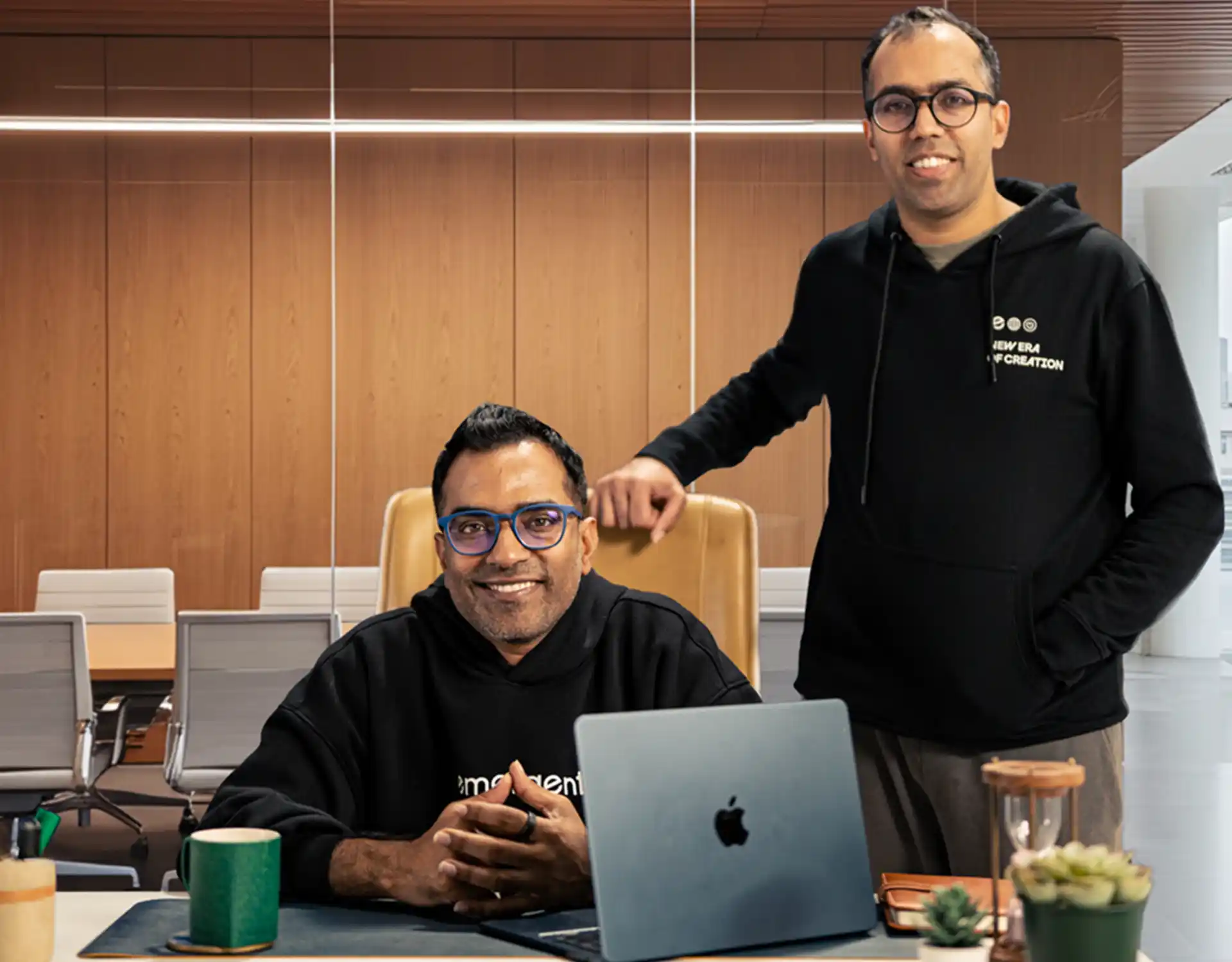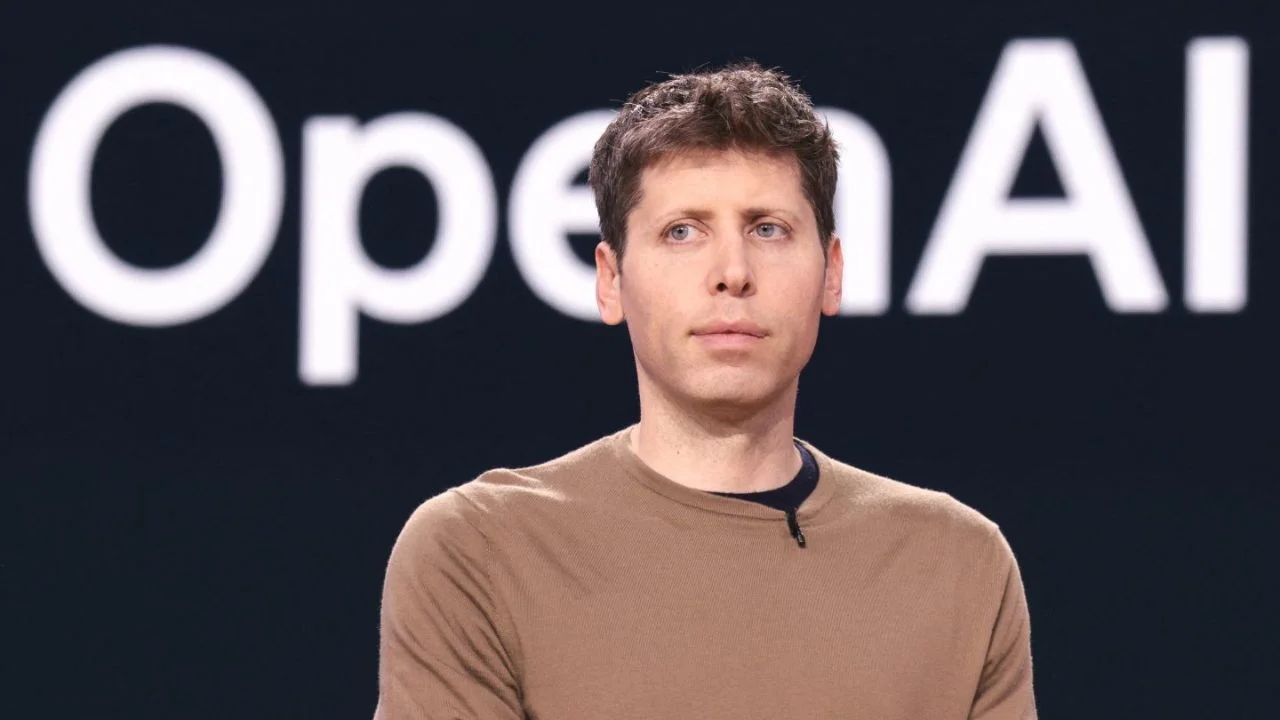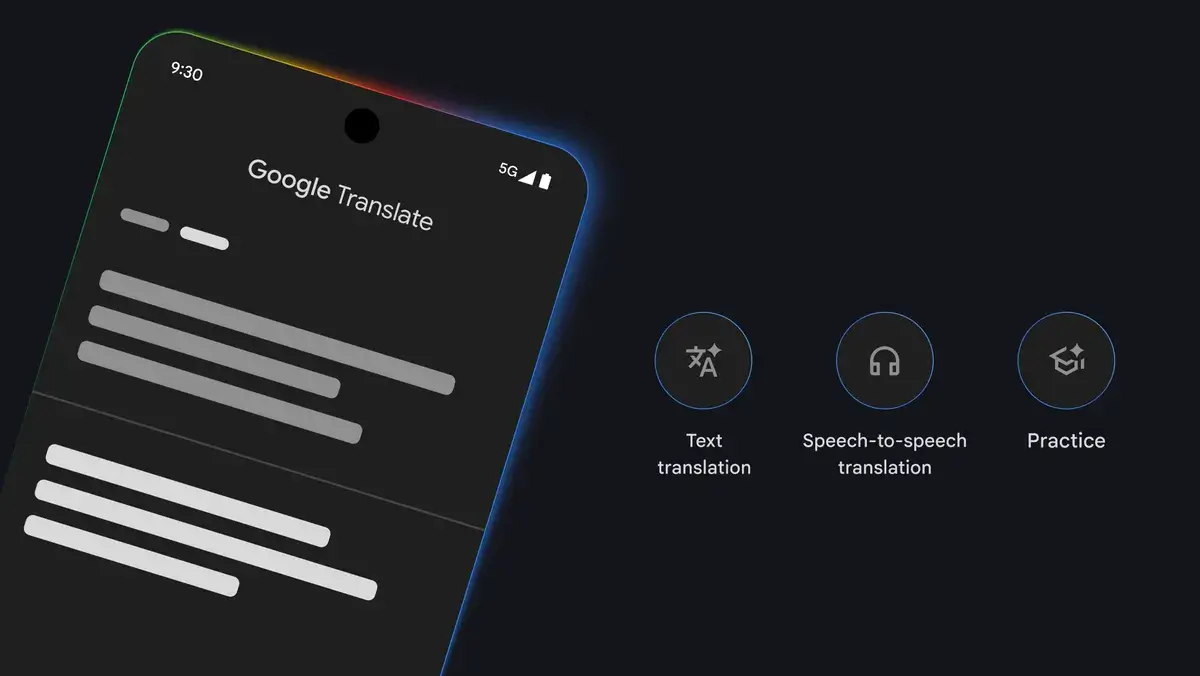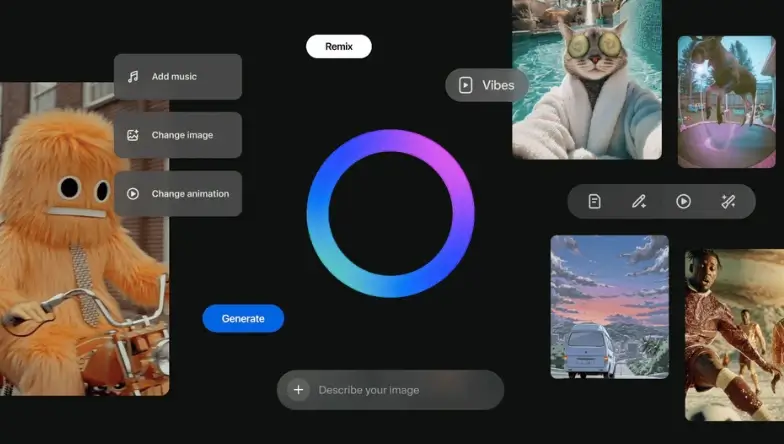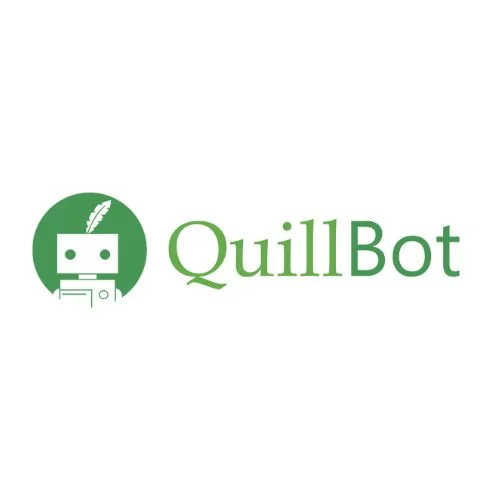Silicon Valley Isn’t Always Transparent
Power, influence, and the quiet tension shaping AI policy.
![]()
Silicon Valley is facing a growing storm over AI safety. Recently, high-profile figures including White House AI & Crypto Czar David Sacks and OpenAI Chief Strategy Officer Jason Kwon raised eyebrows by questioning the motives of AI safety advocates. Their claims suggest that some nonprofit groups promoting AI safety might be serving private interests rather than the public good—a move that many see as intimidation aimed at critics of big tech.
These attacks come amid rising tensions between Silicon Valley’s drive for fast AI adoption and the increasing call for accountability. In 2024, for example, rumors circulated that California’s AI safety bill, SB 1047, could penalize startup founders. Despite being labeled “misrepresentations” by the Brookings Institution, the bill was ultimately vetoed by Governor Gavin Newsom. Such incidents highlight how regulatory action—real or rumored—can unsettle tech communities.
This week, Sacks publicly accused Anthropic, a leading AI lab, of fearmongering to push laws that protect itself and disadvantage smaller startups. Anthropic had supported California Senate Bill 53, which sets safety reporting requirements for large AI companies. Sacks dismissed these actions as strategic posturing, framing Anthropic as pursuing “regulatory capture” rather than genuine public safety.
Meanwhile, OpenAI’s Kwon justified sending subpoenas to nonprofits, including Encode, that raised concerns about OpenAI’s restructuring. These subpoenas requested communications with critics like Elon Musk and Meta CEO Mark Zuckerberg, prompting questions about whether these groups were being targeted for opposing corporate decisions. Critics argue that these actions serve to silence independent oversight, with some nonprofit leaders speaking only anonymously for fear of retaliation.
Anthropic is running a sophisticated regulatory capture strategy based on fear-mongering. It is principally responsible for the state regulatory frenzy that is damaging the startup ecosystem. https://t.co/C5RuJbVi4P
— David Sacks (@DavidSacks) October 14, 2025
The controversy underscores a deeper split within organizations like OpenAI. While its research teams often publish AI safety reports, policy divisions may lobby against state-level safety legislation in favor of uniform federal rules. Joshua Achiam, head of mission alignment at OpenAI, openly questioned the ethics of sending subpoenas to safety nonprofits, citing potential personal career risks.
Experts like Brendan Steinhauser, CEO of the Alliance for Secure AI, view these moves as attempts to intimidate critics rather than engage with safety concerns. “Much of the AI safety community is critical of practices at xAI and OpenAI,” Steinhauser said. “Silicon Valley appears concerned about accountability slowing innovation, not the safety issues themselves.”
This week also saw White House senior policy advisor Sriram Krishnan weigh in, suggesting AI safety groups are disconnected from real-world AI users. Yet surveys from Pew Research indicate that nearly half of Americans are more concerned than excited about AI, particularly regarding job loss and deepfake content—issues that safety advocates continue to highlight.
The tension highlights a key trade-off: rapid AI development fuels economic growth but raises potential risks that safety groups aim to mitigate. With AI investment influencing much of America’s tech sector, companies fear over-regulation could slow innovation. Meanwhile, advocates argue that years of largely unregulated AI growth demand structured oversight to prevent catastrophic outcomes.
Silicon Valley’s pushback may actually signal success for the AI safety movement. Efforts to intimidate critics suggest that policymakers, nonprofits, and researchers are starting to influence how AI development is monitored and regulated. As AI safety regulations evolve in 2026, the industry will need to balance innovation with accountability to maintain public trust and long-term growth.
–
Stay informed about the Silicon Valley AI safety controversy and support transparency in technology. Understanding these tensions helps ensure innovation progresses responsibly while protecting users and society at large.
You may like recent updates...
Subscribe & Get Free Starter Pack
Subscribe and get 3 of our most templates and see the difference they make in your productivity.
Free Starter-Pack
Includes: Task Manager, Goal Tracker & AI Prompt Starter Pack
We respect your privacy. No spam, unsubscribe anytime.

